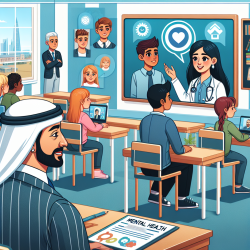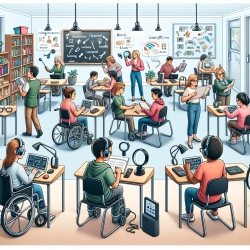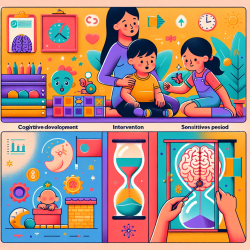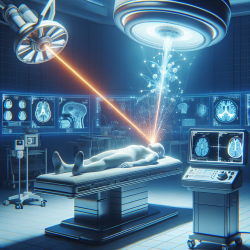The survey, conducted during the first wave of the pandemic, highlighted several key areas where service delivery was modified to reduce staff exposure to COVID-19 and improve safety. Here are some actionable insights:
Administrative Adjustments
- Reschedule or postpone elective, non-urgent, and non-emergent outpatient visits.
- Use telemedicine for consultations whenever possible.
- Screen patients for COVID-19 symptoms and direct symptomatic patients to emergency departments.
- Rearrange waiting room furniture to allow for physical distancing and schedule appointments to minimize waiting time.
Face-to-Face Meetings
- Ensure all patients and accompanying persons wear masks.
- Adhere to strict PPE protocols.
- Minimize the number of persons accompanying patients and the duration of consultations.
Procedural Adjustments
- Use camera-connected endoscopes to maintain distance between the examiner and the patient.
- Disinfect reusable endoscopes thoroughly and allow extra time for sterilization.
- Request SARS-CoV-2 testing before surgeries or procedures and quarantine patients until the procedure day.
- Replace flexible endoscopic evaluation of swallowing (FEES) with videofluoroscopic swallowing study (VFSS) when possible.
By adopting these adjustments, practitioners can not only protect themselves and their staff but also ensure the continued provision of essential healthcare services. Furthermore, staying informed through reliable sources such as medical journals and health authorities' websites is crucial for keeping up with evolving guidelines.
To read the original research paper, please follow this link: Adjustment of Health-Care Service Delivery Among Phoniatricians and ENT Specialists During the COVID-19 Pandemic, A UEP Survey.










